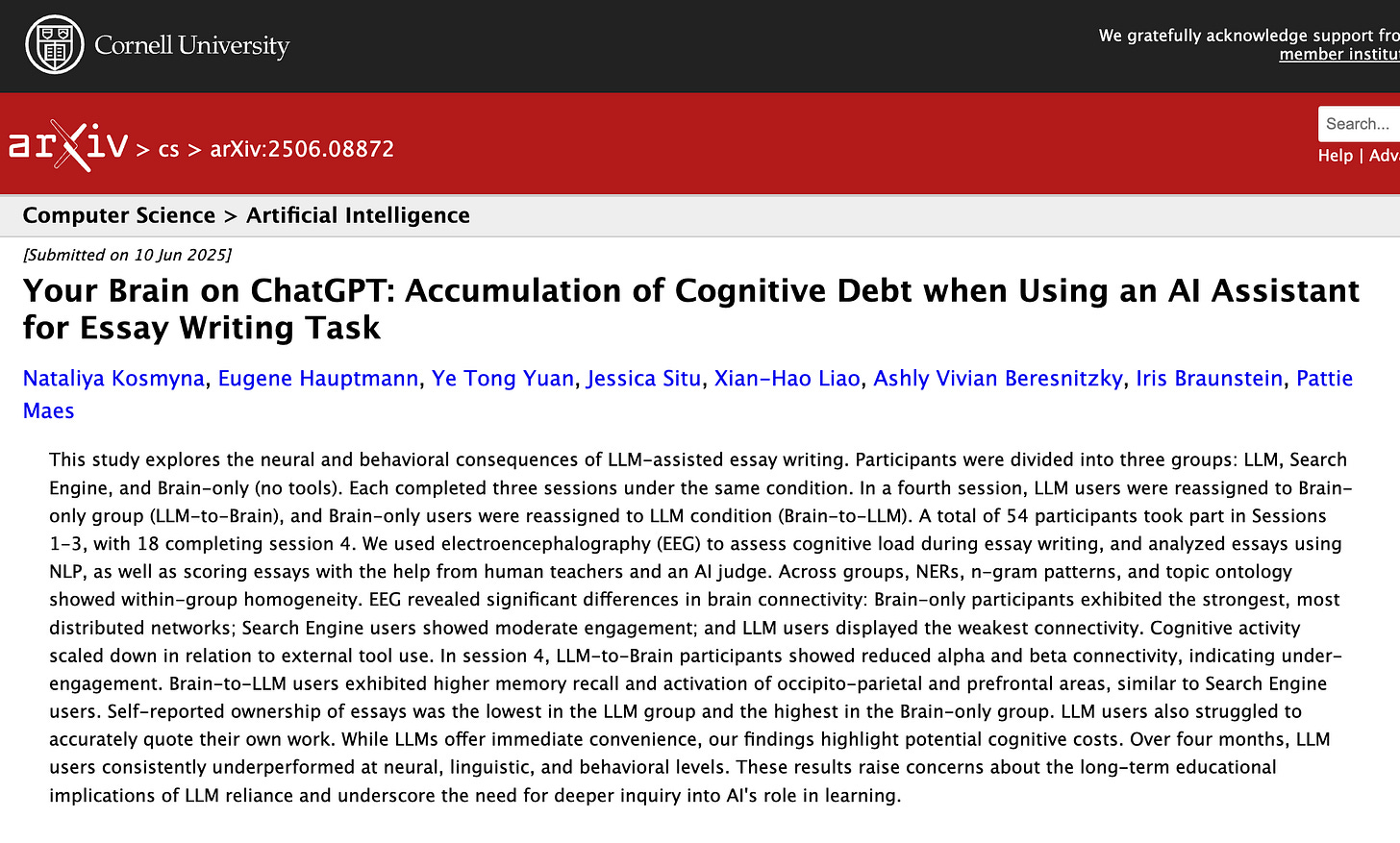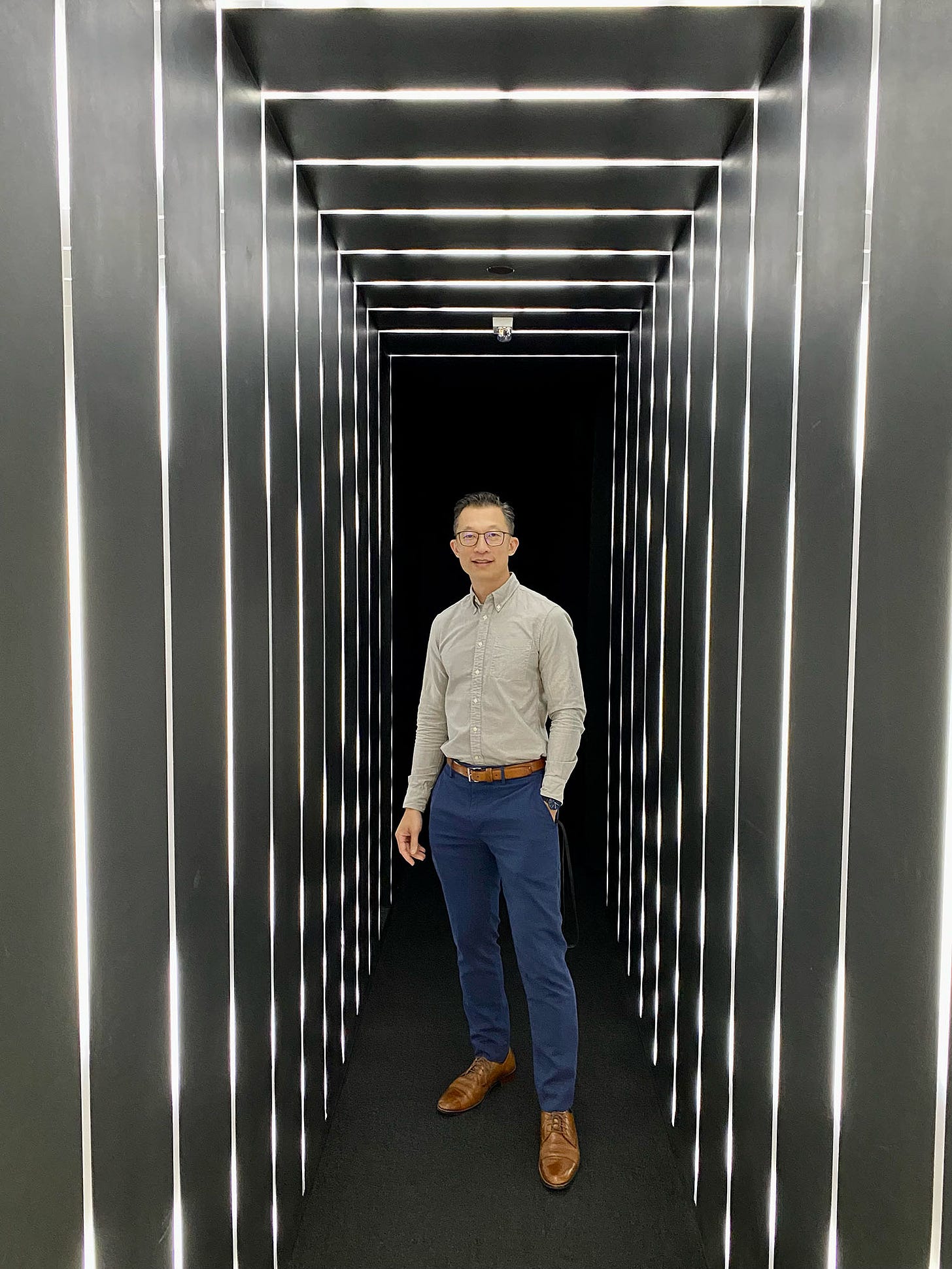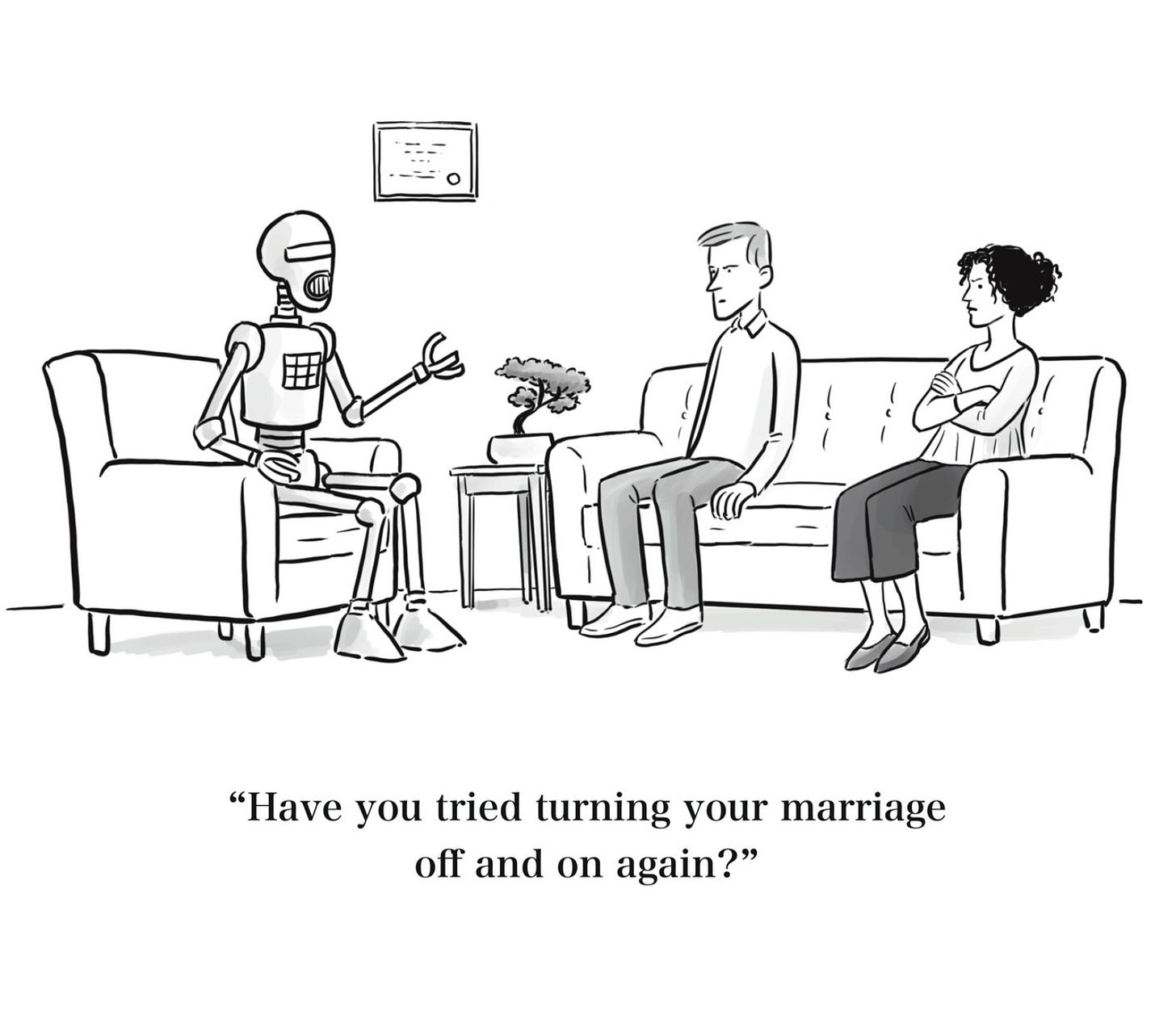POSITIVE AFFIRMATION
“I started my AI learning journey last year and it’s been a great investment of time. I’m starting to realize, though, that was just the beginning. To stay competitive and relevant, the journey must continue.
Today I’ve got a learning mindset.”
- Johnny T. Nguyen

A new MIT study just made national headlines, claiming ChatGPT could be dulling our brains. The clickbait’s everywhere: “AI is making you dumber!” But what’s actually happening—and can you outsmart the system?
In the MIT Media Lab experiment, three groups tackled essay questions: one used ChatGPT, one used Google, and one used only their brains. The ChatGPT group showed the lowest brain activity and could barely recall what they’d written minutes before—clear signs of what the researchers call “mental passivity”. But, as the researchers note, “the real danger isn’t AI itself, but how we use it: outsource too much thinking, you get rusty. Use it to challenge yourself, and you might sharpen up.”
Bottom line, here’s the powerful takeaway: use AI as a sparring partner, not a substitute, and you’ll actually get sharper, faster, and more original.
How to Make AI Sustainable
The real question is, how do we use AI in a sustained and balanced way to help us with our productivity on a daily basis? AI will continue to advance, and we will have to continually stay up to speed, but the tenets of sustained productivity will never change. Humans throughout history have incorporated new technologies without getting dumber… so far.
Step 1: Don’t Outsource What You’re Great At
There are two ways to answer this question.
What are humans good at? - In other words, humans are still far superior in empathy, picking up social cues, diverse creativity, etc.
What are you specifically good at? - And don’t say, it’s sitting on the couch and watching TV! If you’ve spent a career in a particular subject, chances are you’ll know how to ask the right questions. Consider your hobbies and passions; chances are, these are topics you have mastery in and can cross-examine AI responses for better results.
For example, I’ve spent a career in space exploration. So when I’m conversing with AI, I’m asking it the tough questions, asking it to consider facts that I know to be true, and challenging it to draw better conclusions. Versus, I know nothing about training an LLM, so I’ll have to believe whatever it tells me (which is no different than trusting the internet Google searches).
“First, there's the anchoring effect. Once you see AI's ideas, it becomes much harder to think outside those boundaries. It's like when someone tells you “don't think of a pink elephant.” AI's suggestions, even mediocre ones, can crowd out your own unique perspectives. Second, as the MIT study showed, people don’t feel as much ownership in AI generated ideas, meaning that you will disengage from the ideation process itself.” - One Useful Thing
Takeaway #1 - Have confidence in what you’re good at and don’t outsource it. Like GPS, you don’t need it if you know the way there!
Step 2: Treat AI Like a (Useful, Argumentative) Collaborator
We need to think of AI as a person. Maybe give it a name, in order to anthropomorphize it. Because then we can treat AI like a person who has ideas, not a bot with only a correct answer. The real value of AI resides in learning from each other.
For example, I can ask AI to act with the knowledge of experts in their fields, and then have a conversation with it to critique and challenge ideas. I do this routinely by bouncing Venture Out ideas against AI personas of James Clear, Cal Newport, Yuval Noah Harari, etc. Then I use AI to critique draft articles to make them punchier and more memorable.
This also means we don’t have to accept everything AI says. Similar to when I tried reading the acclaimed productivity book Black Swan by Nassim Nicholas Taleb, I just couldn’t get into it. Take what’s useful and leave behind the rest.
Huang described his approach of using multiple AI systems to cross-reference and critique responses. "I wouldn't just receive it. Usually, what I do is say, 'Are you sure this is the best answer you can provide?' Take the answer from one AI, give it to another AI, ask them to critique itself," he said during the CNN interview. "There's no different than getting three doctors' opinions." - MSN
Takeaway #2 - Treat AI like any relationship you want something out of, invest time in building that relationship. Then you’ll get better ideas because they’ll know you better, and you’ll know it.
Step 3: Train Your AI Like a Rookie Teammate
Everybody is good at at least something. Think of any team you’ve worked on, or even a team sport. Each person/player has a role. Ideally, each person is great at what they do, to bring the max benefit to the team.
Working with AI is the same - you need to leverage what each person is good at.
My first preferred AI platform was Claude because the responses felt more understandable and clear, even though I found it hallucinated a lot. Then I got a Perplexity Pro subscription and loved how it clearly showed its sources with citations. I don’t know (yet) the specific differences between LLM models, but I can understand some are better at quick responses, others at programming, and some for deep research.
Most importantly, for any AI, is coaching it like onboarding a new teammate. You wouldn’t expect a new team member to immediately contribute, because it usually takes time to learn the topic and understand their role. This is exactly the same for AI, and is typically accomplished through prompts. Lucky for you, the Wharton School, where AI expert Ethan Mollick and his team have pre-written several persona prompts.
Takeaway #3 - Find the harmony between you and AI that fits your workflow. Just don’t outsource your critical thinking.
"I think my cognitive skills are actually advancing, and the reason for that is because I am not asking it to do the thinking for me." - Nvidia CEO Jensen Huang
TAKEAWAY
How will you use AI today—autopilot or co-pilot? Hit reply and tell me how you’re wrestling smarter with AI in your own work.
MORE
➩ My most recent podcast episode, an Interview with Neuroscientist Anne-Laure Le Cunff, author of Tiny Experiments: How to Live Freely in a Goal-Obsessed World
➩ Ethan Mollick’s Against "Brain Damage"





